A new book by parenting psychologist Stuart Passmore suggests that parents can swap these battles for a strong, happy relationship with their children.


A new book by parenting psychologist Stuart Passmore suggests that parents can swap these battles for a strong, happy relationship with their children.
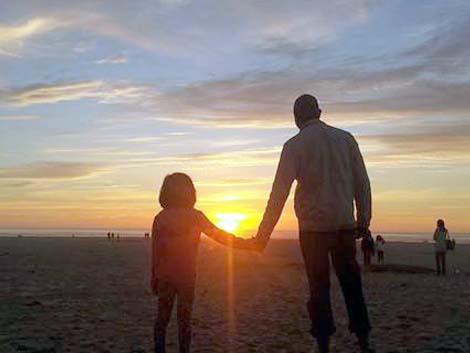
Learning to see the humanness in us, learning to accept our glorious fallacies and unique quirks, our psychological struggles and emotional challenges helps us develop self-compassion as we tread through this parenting journey that is filled with unexpected twists and turns.
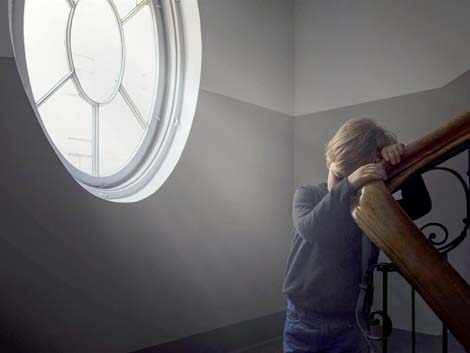
Parents are often keen to break the cycle of abuse if they can get the right help. Researchers found that the more adverse childhood experiences a person had, the more likely their children were to be troubled, too.
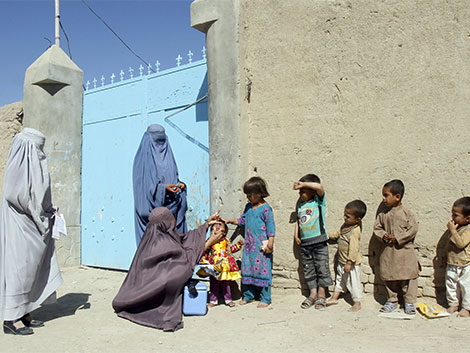
In the seemingly endless list of targets and goals in global health and development, one goal in particular should be a priority for leaders around the world. World immunisation week, which began on 24 April, offers an opportune moment to shine light on the progress being made to reach all children with vaccines through the global vaccine action plan.
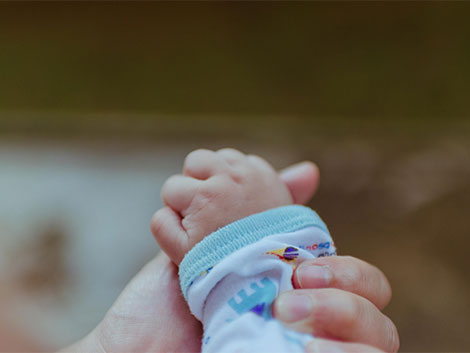
In much of the developed world, home birth is a fringe practice, at about 2 percent of births or less, for obvious reasons: Childbirth is inherently dangerous, and if an emergency occurs, the baby or even the mother may die. In contrast, home birth in the United States is dangerous.
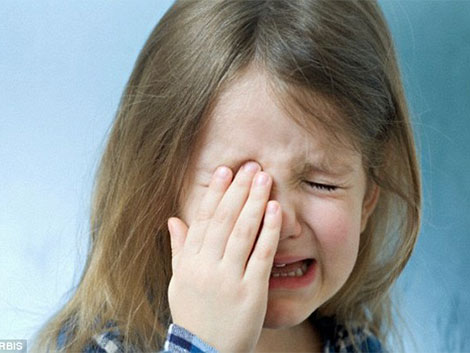
The more children are physically chastised, the more likely they are to defy their parents, scientists have found. They are also more prone to mental health problems, aggressive outbursts, cognitive difficulties and anti-social behaviour, according to the study.
